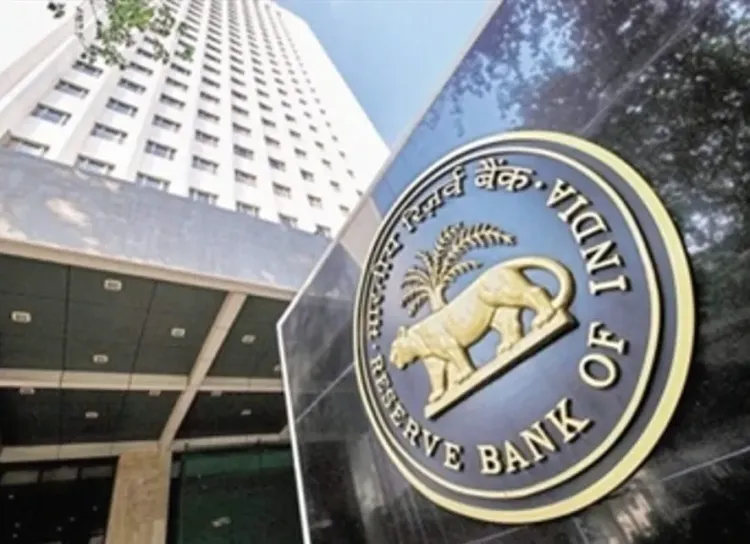Why Did RBI Impose Monetary Penalties on HDFC Bank and Shriram Finance?

Synopsis
Key Takeaways
- RBI imposed penalties for regulatory non-compliance.
- HDFC Bank fined Rs 4.88 lakh for foreign investment violations.
- Shriram Finance penalized Rs 2.70 lakh for digital lending lapses.
- RBI's actions emphasize the importance of compliance.
- Penalties reflect RBI's commitment to consumer protection.
Mumbai, July 11 (NationPress) The Reserve Bank of India (RBI) announced on Friday that it has levied a monetary penalty of Rs 4.88 lakh against HDFC Bank and Rs 2.70 lakh on Shriram Finance due to non-compliance with certain directives from the central bank.
The financial penalty imposed on HDFC Bank was executed under the provisions of Section 11(3) of the Foreign Exchange Management Act (FEMA), as the private sector bank failed to adhere to the ‘Master Direction – Foreign Investment in India’ while providing a term loan to its customer, according to a statement from the RBI.
“The RBI had previously issued a Show Cause Notice to the bank, to which HDFC Bank responded with a written reply and oral submissions,” the statement elaborated.
After appropriately assessing the facts of the situation along with the response from HDFC Bank, the RBI decided to impose a penalty.
In a similar case, the Reserve Bank also imposed a financial penalty on Shriram Finance Limited, a non-banking finance corporation (NBFC), for failing to comply with specific provisions of digital lending.
“The Reserve Bank of India (RBI) has imposed a monetary penalty of Rs 2.70 lakh on Shriram Finance Limited for non-compliance with certain provisions of the 'Reserve Bank of India (Digital Lending) Directions, 2025',” the central bank stated.
The RBI conducted a statutory inspection of the company regarding Shriram Finance's financial position as of March 31, 2024.
“Based on supervisory findings regarding non-compliance with RBI directives and the related correspondence, a notice was issued to the company, advising it to explain why a penalty should not be imposed for its failure to comply,” the bank noted.
The inspection revealed that the company was routing loan repayments through a third-party account, rather than having borrowers directly credit repayments to the company’s account, which led to the RBI's findings.
The Reserve Bank officially imposed the penalty on Shriram Finance by issuing an order on July 08, 2025.










